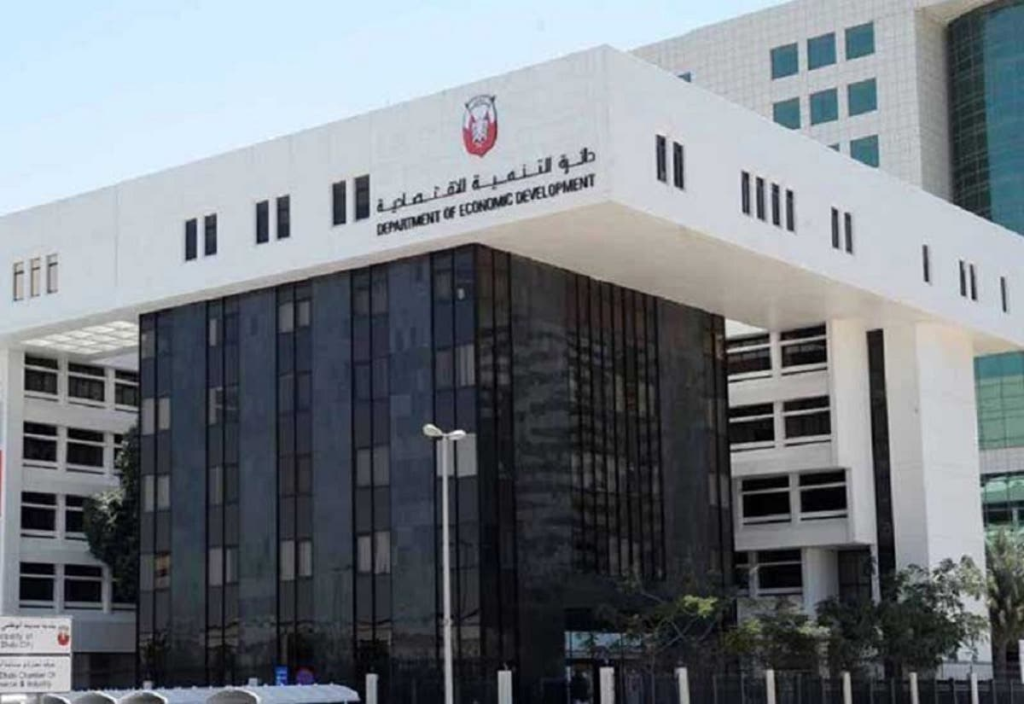The Abu Dhabi Department of Economic Development (ADDED), in partnership with The Endowments and Minors’ Funds Management Authority (Awqaf Abu Dhabi), has announced a new resolution for the establishment and licensing of endowment institutions in Abu Dhabi. This resolution marks a significant advancement in enhancing endowment structures and supports the sustainability of family-owned businesses while improving best practices in endowment management.

This groundbreaking resolution is the first of its kind in the UAE and introduces a comprehensive regulatory framework that formalizes the role of the endowment sector in promoting sustainable socio-economic development. It aligns with existing laws that govern family-owned endowments and introduces structured governance for these entities, including guidelines on legal status, permitted activities, and licensing requirements.
According to the announcement made via the Abu Dhabi Media Office’s social media, the resolution aims to enhance endowment practices and systems, thereby regulating family businesses more effectively. All applications for endowment companies must receive approval from Awqaf Abu Dhabi to ensure they comply with current regulations, meet donor intentions, and align with broader grant objectives.
Under the new framework, endowment companies will have the capability to manage private grants while also participating in commercial activities that promote the sustainability and growth of endowed assets. This approach seeks to maximize both financial returns and social impact. Furthermore, the resolution introduces strong monitoring and supervisory mechanisms to improve governance and accountability within the sector.
The resolution will be supplemented by detailed guidelines and manuals for endowment institutions, establishing a regulatory environment that upholds high standards of governance and transparency. This framework is designed to benefit founders and their beneficiaries while encouraging investments across various strategic sectors such as manufacturing, education, trade, healthcare, agriculture, culture, and innovation. Additionally, it fosters cooperation between public and private sectors to achieve sustainable development goals and optimize resource use.

Leave a Reply